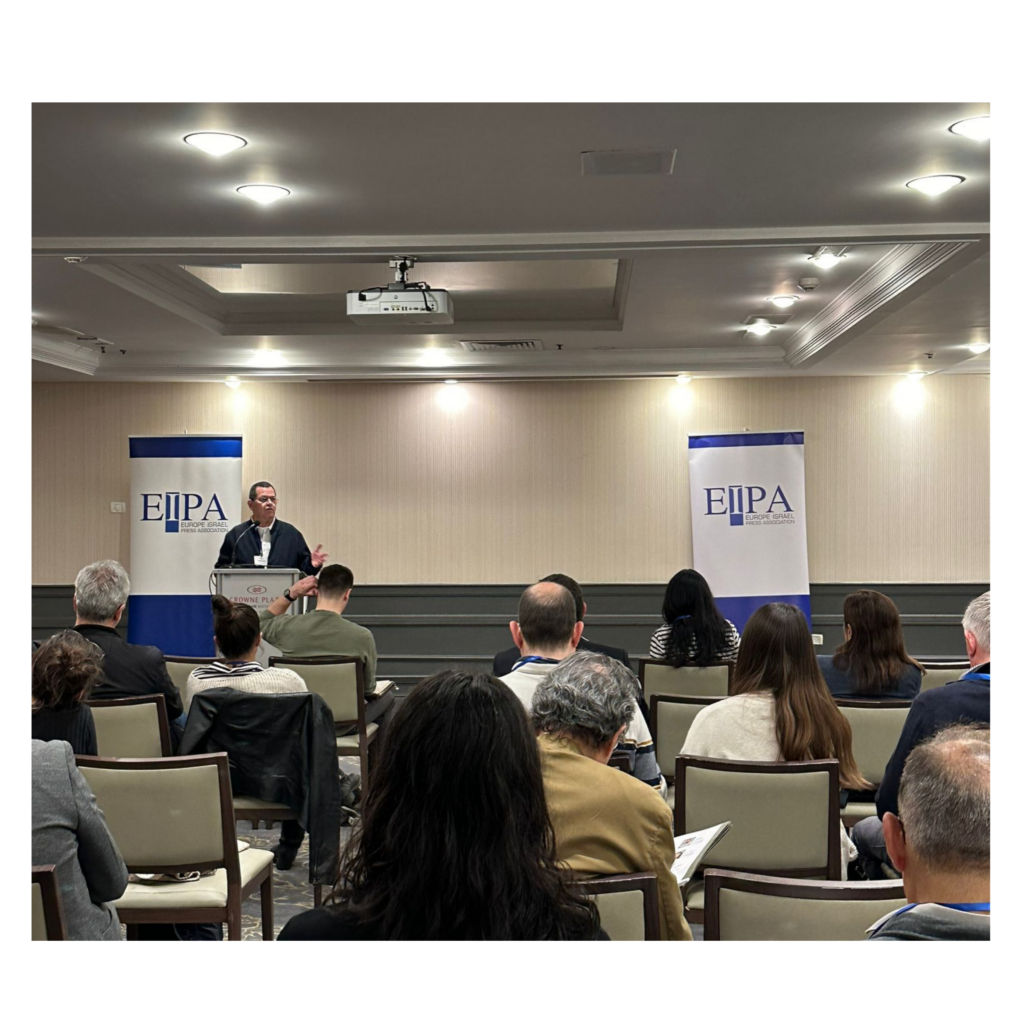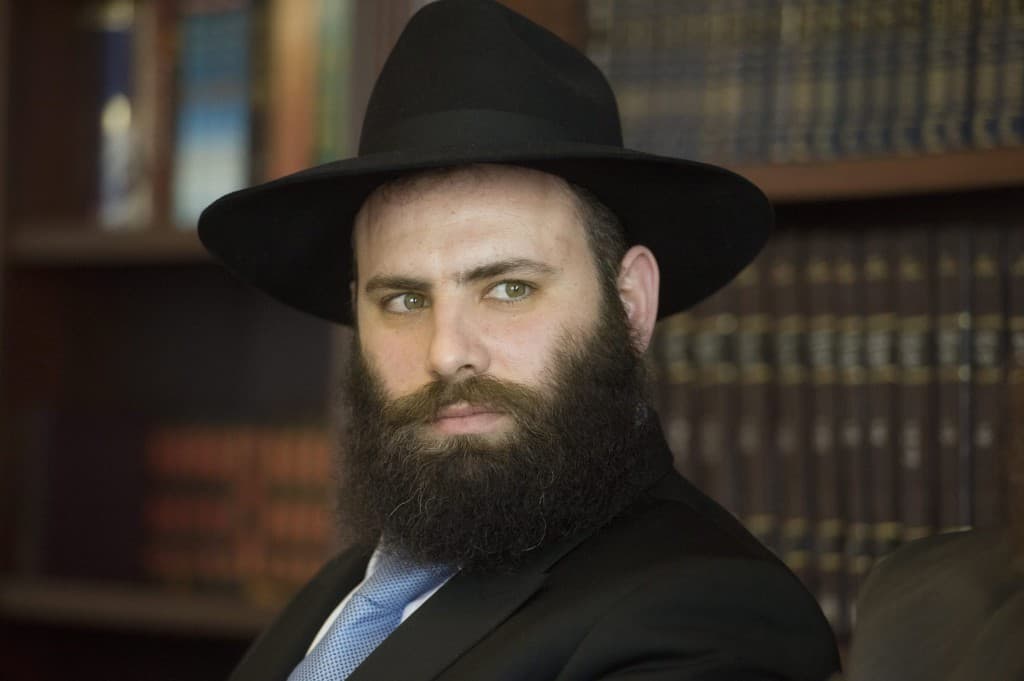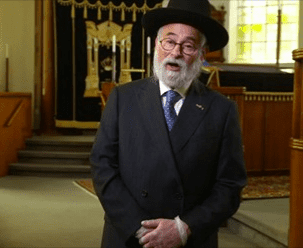

Rabbi Menachem Margolin, General Director of the European Jewish Association and the Rabbinical Center of Europe, has denounced Mr. Schuster’s Statement and emphesized that: “This is a dangarous statement that was better left unsaid. The call for Jews to hide their identity instead of calling upon European Governments to provide all the necesary resources in order to battle Anti-Semitism is irresponsible. If this statement was maid by a non Jew, he would be considered an Anti-Semite. We hope and expect that Mr. Schuster Will clarify or take back his unproductive and hurtfull statement.


As Belgium joins the latest countries to go into lockdown due to the coronovirus, we would like to take this opportunity to wish you all well, that your families and loved ones may remain safe and healthy and that the outbreak will be over quickly. In the meantime, Shabbat Shalom and stay positive and strong.
It’s a challenging time for Jewish communities in Europe. Anti-Semitism is on the rise as populism and the politics of the lowest common denominator are gaining traction. Our communities often need round the clock protection and our practices and customs such as keeping Kosher are under pressure from increasing political interference.
| Cookie | Duration | Description |
|---|---|---|
| cookielawinfo-checkbox-analytics | 11 months | This cookie is set by GDPR Cookie Consent plugin. The cookie is used to store the user consent for the cookies in the category "Analytics". |
| cookielawinfo-checkbox-functional | 11 months | The cookie is set by GDPR cookie consent to record the user consent for the cookies in the category "Functional". |
| cookielawinfo-checkbox-necessary | 11 months | This cookie is set by GDPR Cookie Consent plugin. The cookies is used to store the user consent for the cookies in the category "Necessary". |
| cookielawinfo-checkbox-others | 11 months | This cookie is set by GDPR Cookie Consent plugin. The cookie is used to store the user consent for the cookies in the category "Other. |
| cookielawinfo-checkbox-performance | 11 months | This cookie is set by GDPR Cookie Consent plugin. The cookie is used to store the user consent for the cookies in the category "Performance". |
| viewed_cookie_policy | 11 months | The cookie is set by the GDPR Cookie Consent plugin and is used to store whether or not user has consented to the use of cookies. It does not store any personal data. |